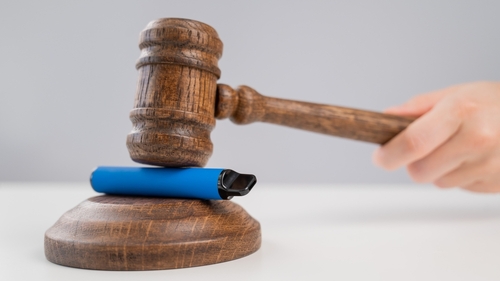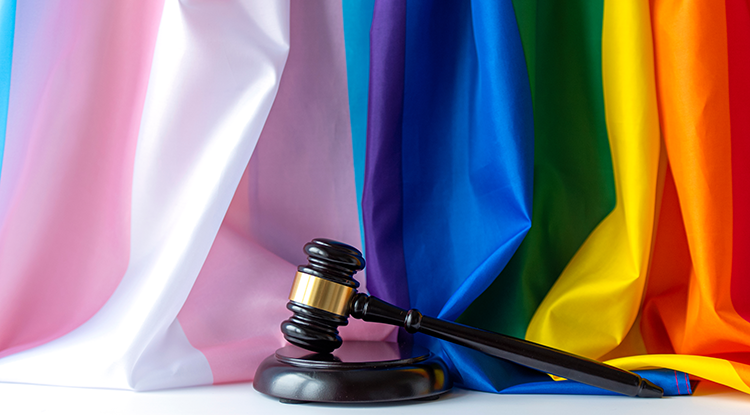Bryan Garner’s 2022 legal writing tips
Year in Review
Bryan Garner’s 2022 legal writing tips
December 22, 2022, 8:34 am CST
Photo of Bryan Garner by Winn Fuqua Photography.
This year, Bryan Garner gave us a new game for word lovers, a hypothesis on hyphens and four principles of legal writing that he learned as a clerk in the 5th U.S. Circuit Court of Appeals at New Orleans. Here’s the full wrap-up of 2022 columns by the Black’s Law Dictionary’s editor-in-chief.
Readers of this column are familiar with my occasionally interviewing long-dead authors. Today’s interviewee is U.S. Supreme Court Justice Wiley B. Rutledge (1894–1949).
Before this honorable court is the complaint of Marian Short-Dash, who accuses her local newspaper, the Blunderbuss Clarion, of omitting “obligatory hyphens” from phrasal adjectives, thereby impairing her ability to read without annoyance.
A law office is a kind of publishing house. We issue legal documents to be read sometimes by small audiences, sometimes by large ones. Because we’re a literary profession, we want to get things right.
Whenever I’m writing, I always try to keep the Reavley principles in mind. Even though Judge Reavley wasn’t much interested in grammar, he taught me more about legal writing than anybody else.
So many things can be characterized positively, rather neutrally and extremely negatively. For word-lovers, inventing examples of trifurcated terminology can be a great parlor game.
During my first week of law school in August 1981, we were put through a legal-methods course taught by senior faculty. My small section was led by a respected professor who taught us ‘four essentials’ for stating legal issues.
Bryan A. Garner is the president of LawProse Inc., Distinguished Research Professor of Law at Southern Methodist University, the author of The Winning Brief (3d ed. 2014), the co-author of Making Your Case: The Art of Persuading Judges (2008) and the longtime chief editor of Black’s Law Dictionary.
These columns reflect the opinions of the author and not necessarily the views of the ABA Journal—or the American Bar Association.






